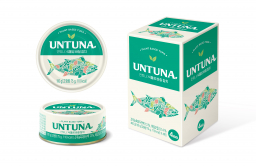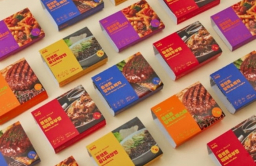-
KOSPI 2577.27 -2.21 -0.09%
-
KOSDAQ 722.52 -7.07 -0.97%
-
KOSPI200 341.49 +0.02 +0.01%
-
USD/KRW 1396 -2.00 0.14%
Korean beauty brands rush for vegan certification
Beauty & Cosmetics
Korean beauty brands rush for vegan certification
The certificates don't guarantee a 100% eco-friendly manufacturing process; no local authorities are supervising the certifiers
By
Jun 28, 2022 (Gmt+09:00)
2
Min read
News+
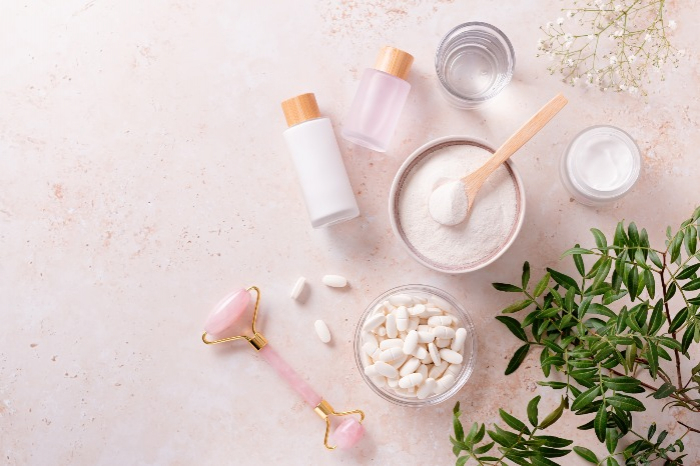
As more consumers seek out eco-friendly products, a growing number of South Korean cosmetics brands are in a hurry to be certified as vegan.
With labeling standards varying among certifying institutes and no supervisory authority in Korea, however, local vegan labels may not guarantee that the beauty products are 100% eco-friendly.
Korea’s first vegan certifier, the Korea Agency of Vegan Certification and Services, has given its stamp of approval to about 2,500 products from 2018 to 2021. Of those, nearly 1,000 were cosmetics.
Another local certifier, the Vegan Standard Certification Institution, has approved about 500 cosmetic products since mid-2020. The number of vegan certifications last year was between double to triple that of 2020, according to industry sources.
In June, consumer goods firm LG Household & Health Care Co. launched vegan cosmetic brand Freshian, its first beauty products line to be 100% vegan-certified.
The brand uses botanical extracts for its beauty products, and its packaging boxes and makeup puffs are made with sugar cane-derived bio polyethylene terephthalate (PET) and cornstarch, respectively.
Korean cosmetic giant Amorepacific Co. unveiled vegan brand Longtake in April, following its previous vegan cosmetics Enough Project brand in June 2020. Longtake uses botanical ingredients such as cypress leaves and black beans. It upcycles oakwood sawdust from woodworking shops and reprocesses them for use in the cosmetics.
Olive Young, Korea’s largest beauty store chain, set up a vegan beauty category in February that contains 10 vegan brands such as Clio Veganware, Dear Dahlia and Amuse. Vegan beauty product sales in the beauty store chain jumped by 22% from June 10 to June 20, compared with the same period of 2021.
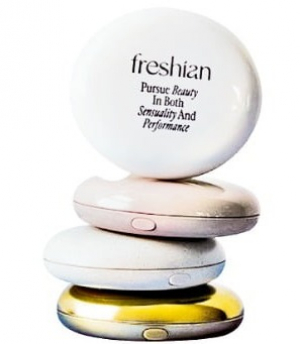
NO SUPERVISORY AUTHORITIES FOR LOCAL CERTIFIERS YET
According to global market research firm Grand View Research, the world’s vegan cosmetics market is expected to reach $20.8 billion in 2025 from $15.2 billion in 2021.
Korean beauty brands acquire vegan certification from some local institutes and global certifiers like UK-based The Vegan Society and France-based Expertise Végane Europe. In Korea, the Ministry of Food and Drug Safety (MFDS) has allowed the Korea Agency of Vegan Certification and Services to certify vegan cosmetics.
However, all the domestic and overseas vegan certifiers have different standards and processes for approving vegan products.
“A few institutes from overseas visit the local manufacturing facilities for due diligence, and the others require only documents for the certification process. You can’t be sure if all the development and manufacturing procedures of the vegan-labeled products are environmentally friendly,” a cosmetics industry source said. "And as the certification is costly and requires regular renewal, these fees raise vegan product prices," the source added.
Also, there are no authorities to supervise the local vegan certifiers in Korea. Even MFDS doesn't have the right to monitor them; it is the cosmetic companies' responsibility to demonstrate that their vegan products have been properly made following eco-friendly procedures, an MFDS official said.
Write to Soo-Jung Ha at agatha77@hankyung.com
Jihyun Kim edited this article.
More To Read
-
Jun 17, 2022 (Gmt+09:00)
-
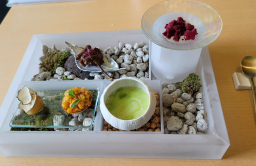 Food & BeverageFood giants vie for biggest splice of vegan pie
Food & BeverageFood giants vie for biggest splice of vegan pieJun 03, 2022 (Gmt+09:00)
-
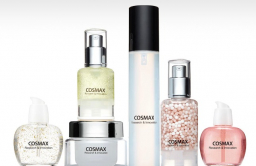 Beauty & CosmeticsCosmax strengthens eco-friendly marketing in Southeast Asia
Beauty & CosmeticsCosmax strengthens eco-friendly marketing in Southeast AsiaApr 21, 2022 (Gmt+09:00)
-
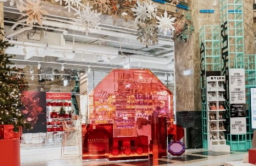 Beauty & CosmeticsK-beauty vegan rebel Dear Dahlia in Paris' Galeries Lafayette
Beauty & CosmeticsK-beauty vegan rebel Dear Dahlia in Paris' Galeries LafayetteFeb 23, 2022 (Gmt+09:00)
-
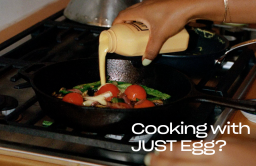 Venture capitalLG Group invests $21 mn in vegan egg maker Eat Just
Venture capitalLG Group invests $21 mn in vegan egg maker Eat JustJan 26, 2022 (Gmt+09:00)
-
Jan 20, 2022 (Gmt+09:00)


